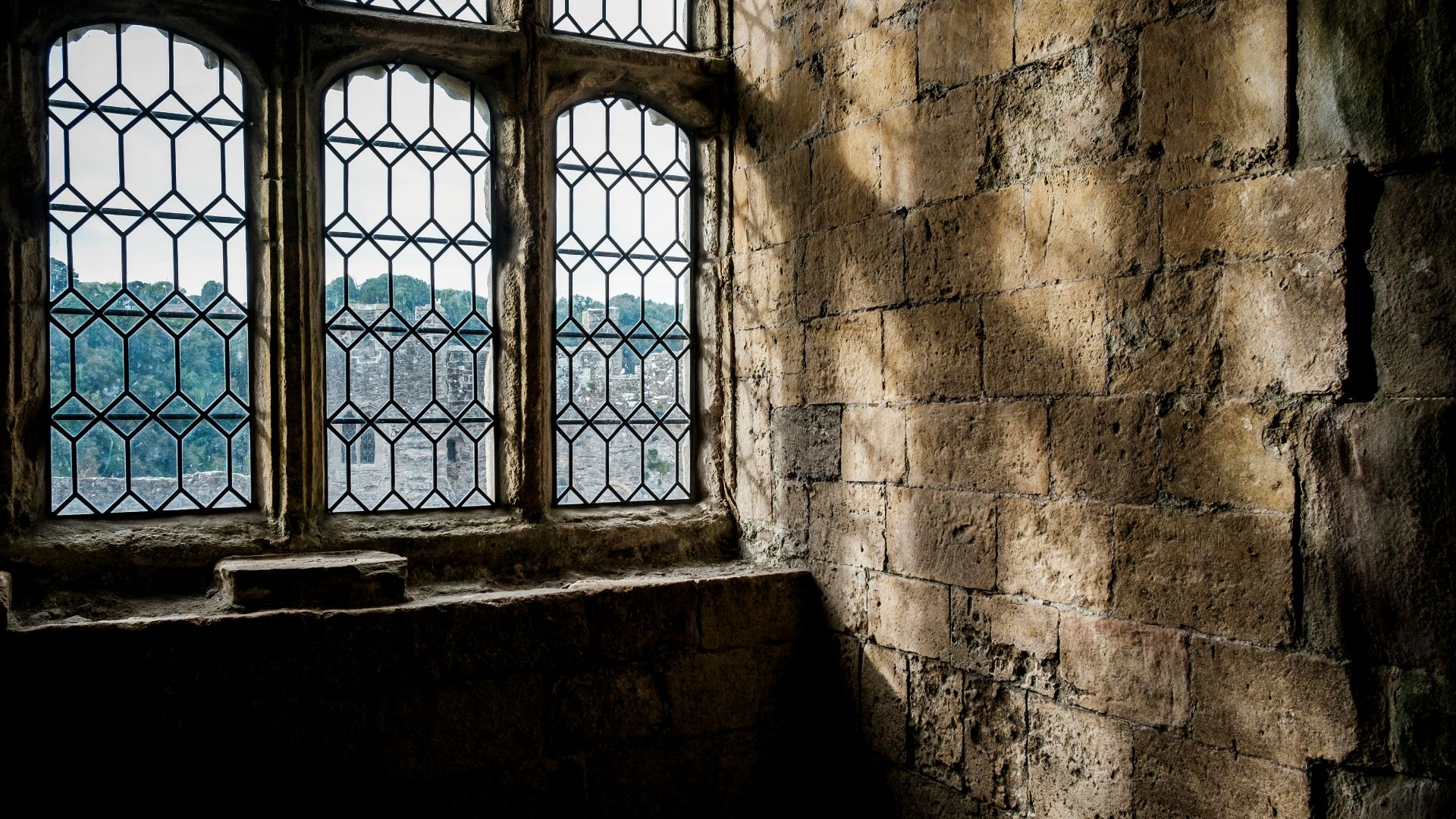How Many Do You Believe?
It turns out the modern era isn’t the only one filled with misinformation. Plenty of historical facts are actually little more than exaggerations and lies, and in this list, we go over the 20 most notorious myths people still believe.
1. Napoleon Was Short
Many people think Napoleon was short, which he might arguably be compared to modern times. However, in his time, Napoleon was of average height, standing at 5 foot 2.
2. Medieval Flat Earth
Many people wrongly think that those living in medieval times thought the Earth was flat. In fact, Galileo wasn’t even persecuted by the church for suggesting the Earth was round, as the Church had already accepted this. What actually got Galileo in trouble was saying that the Earth wasn’t the center of the universe.
3. Gladiator Fights
It turns out gladiators were never supposed to fight till the untimely end. After all, if they did that, Rome would run out of gladiators pretty quickly. Essentially, the sport was more akin to boxing, where some fights were even predetermined, and it was the gladiators’ job to make it look good.
4. The Lifespan Lie
Turns out many people believe that people in the past rarely lived past 30 and that nowadays, people live twice as long on average. In reality, it wasn’t uncommon for people to live past 100. It was just a matter of life expectancy.
5. Albert Einstein Dropped Out
People believe that Albert Einstein was a mediocre student and even had failing grades. But in actuality, he was as smart as a kid as he was as an adult, and his student papers were highly insightful.
6. White Ancient Statues
It’s easy to look at current Greek and Roman sculptures and assume they were always white. After all, white was a color that often correlated to purity. However, ancient artists actually painted their statues – but the Renaissance artists that reconstructed them preferred simple white.
7. Medieval People Never Bathed
This is another common misconception, as it turns out people in medieval times were frequent bathers. In fact, it was expected that people be clean before going to church on Sundays.
8. Armor Mobility
When you look at a knight wearing his heavy metal armor, it might be easy to assume that he won’t be moving much under all that bulky metal. But in actuality, knights had plenty of mobility, as the weight was evenly distributed across their body, and the linkings allowed for a full range of movement.
9. Let Them Eat Cake
Marie Antoinette gets quite a bad reputation for responding to angry French revolutionists with “Let them eat cake.” But in reality, she never said that, as she was both intelligent and charitable. Many suspect in reality she said the people should eat “the crust of the pâté.”
 Élisabeth Louise Vigée Le Brun on Wikimedia
Élisabeth Louise Vigée Le Brun on Wikimedia
10. Horned Helmets
Current TV shows and movies may lead you to believe that Vikings wore horned helmets, after all, that was what the original Thor wore in the comic books. But in reality, no Viking helmets have been unearthed with horns.
11. Cowboys and Their Hats
Turns out there’s a lot of misinformation surrounding hats. For instance, movies may lead you to believe cowboys wore their quintessential hats, but in reality, most American cowboys preferred the Derby hat, and the Stetson hat didn’t garner popularity until the very end of the 19th century.
12. The War of the Worlds
You might have heard the story about how when H.G. Wells’ War of the Worlds novel was broadcasted on the radio, people thought it was real, leading to panic. But in reality, there were only two incidents of this, and local newspapers capitalized on it in an attempt to discredit radios.
 Henrique Alvim Corrêa on Wikimedia
Henrique Alvim Corrêa on Wikimedia
13. Thomas Edison’s Light Bulb
Thomas Edison has been credited with the invention of many things, including the light bulb. However, many of his claimed inventions are actually works he stole from others. Instead, there were several inventors that contributed to the light bulb that Edison took credit for.
14. Mickey Mouse
Turns out Walt Disney was not the one to invent Mickey, but he certainly took credit after hiring Ub Iwerks to transform Oswald the Lucky Rabbit into a mouse variant.
15. Quick Draw Duels
Western movies might have you thinking it was all too common for fiery fights to break out in the American West. But in reality, these events were quite limited, and the infamous quick draw duels only occurred twice in the region.
16. The Salem Witch Trials
The Salem Witch Trials certainly did happen and are an example of the subjugation and torment women faced at the time. However, the whole burning-at-the-stake thing is false. Instead, the women were dispatched in more traditional means. Still pretty terrible, though.
17. Sir Isaac and the Apple
Sir Isaac Newton is credited for discovering gravity, and while this discovery did involve an apple falling from a tree, it didn’t fall on his head but instead simply in his family’s garden. Of course, certain stories are far better at capturing the world’s imagination.
 James Thronill after Sir Godfrey Kneller on Wikimedia
James Thronill after Sir Godfrey Kneller on Wikimedia
18. Victorian Prudishness
It’s often believed that the Victorian era was marked with puritanical prudishness, but this isn’t exactly the case. However, it wasn’t as bad as the paintings might lead you to believe.
19. Vincent Van Gogh
One of the most famous stories about painter Vincent Van Gogh involves his ear, but it turns out it wasn’t as bad as media would lead you to believe. Instead of removing the whole ear, he actually removed only a small bit. Still, that’s pretty bad.
20. Jesus’s Birthday
While many associate Christmas with Jesus’s birthday, the reality is that there is no historical evidence to support this theory. The truth is, we don’t actually know when he was born.
KEEP ON READING
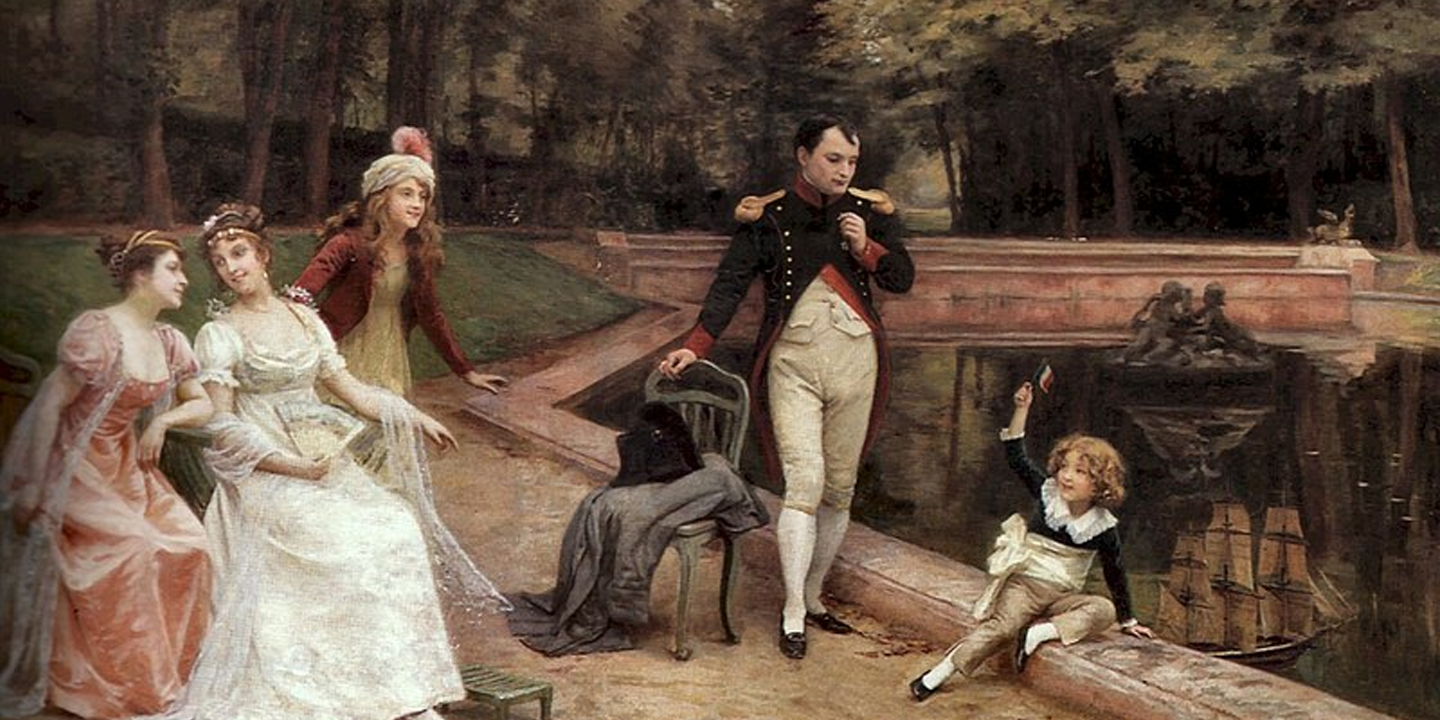
The 20 Most Recognized Historical Figures Of All Time
The Biggest Names In HistoryAlthough the Earth has been around…
By Cathy Liu Feb 4, 2025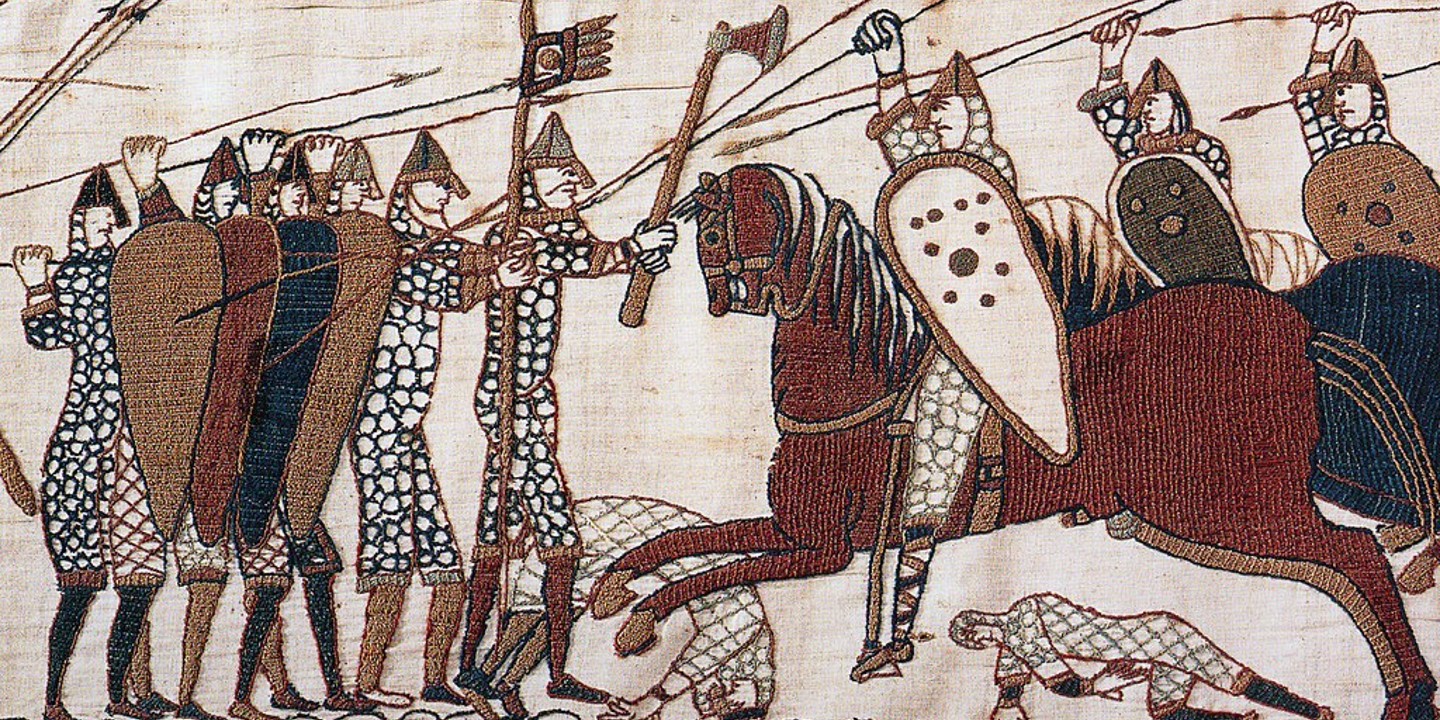
10 of the Shortest Wars in History & 10 of…
Wars: Longest and ShortestThroughout history, wars have varied dramatically in…
By Emilie Richardson-Dupuis Feb 7, 2025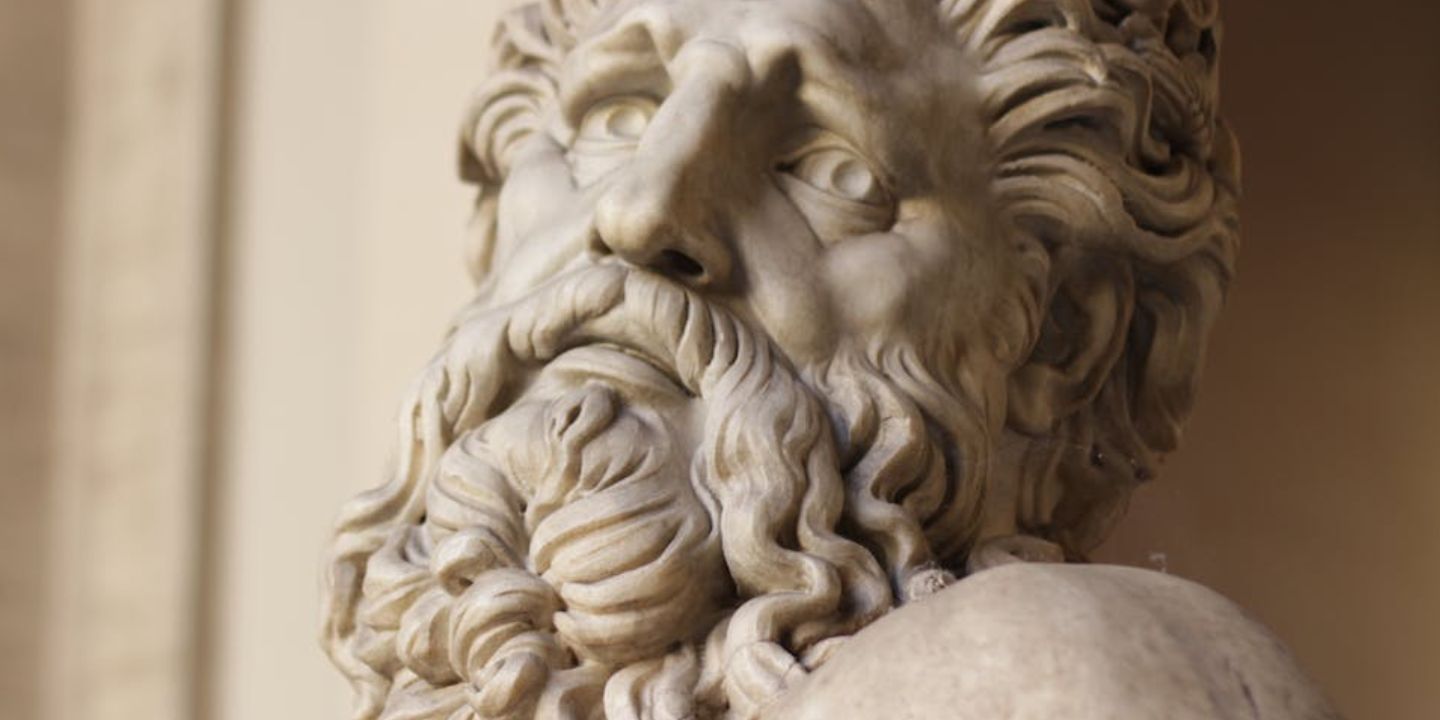
10 Fascinating Facts About Ancient Greece You Can Appreciate &…
Once Upon A Time Lived Some Ancient Weirdos...Greece is an…
By Megan Wickens Feb 7, 2025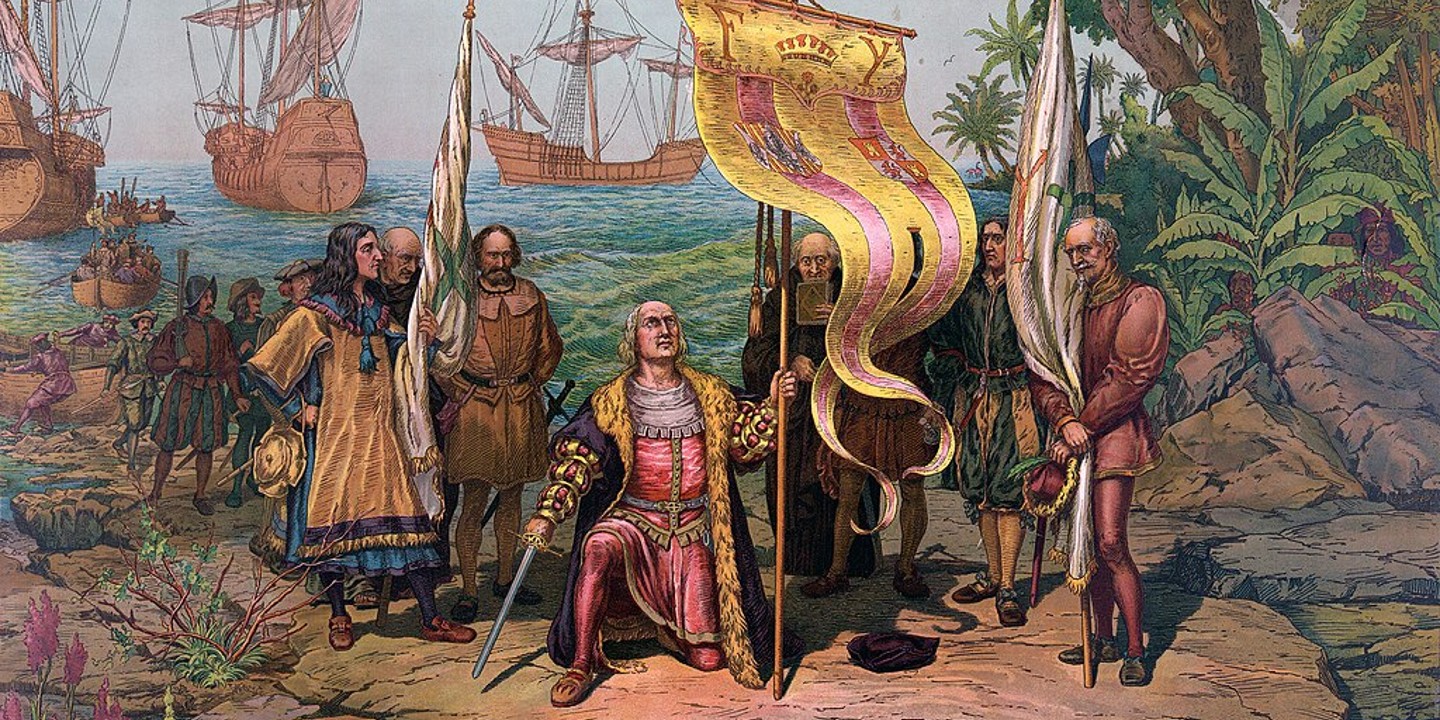
20 Lesser-Known Facts About Christopher Columbus You Don't Learn In…
In 1492, He Sailed The Ocean BlueChristopher Columbus is often…
By Emilie Richardson-Dupuis Feb 9, 2025
20 Historical Landmarks That Have The Craziest Conspiracy Theories
Unsolved Mysteries Of Ancient Places When there's not enough evidence to…
By Megan Wickens Feb 9, 2025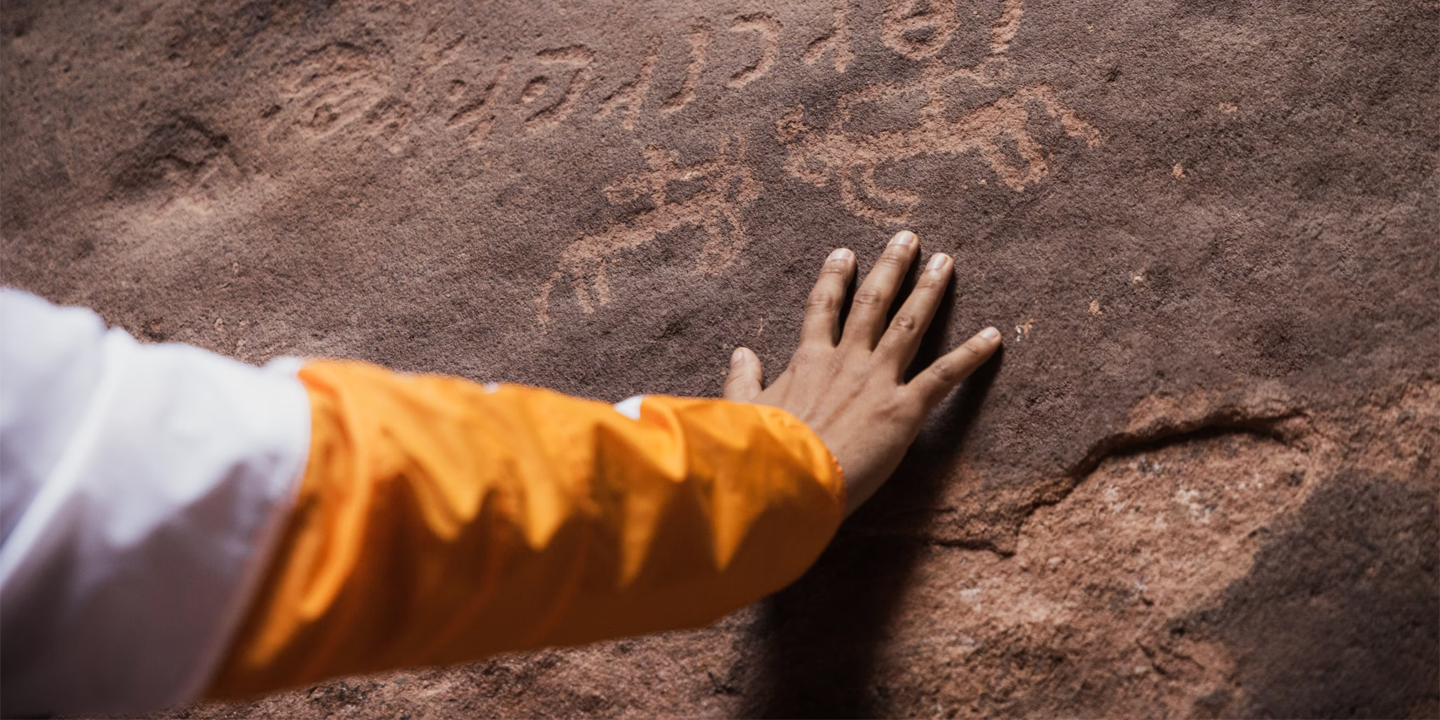
The 20 Craziest Inventions & Discoveries Made During Ancient Times
Crazy Ancient Inventions While we're busy making big advancements in technology,…
By Cathy Liu Feb 9, 2025








